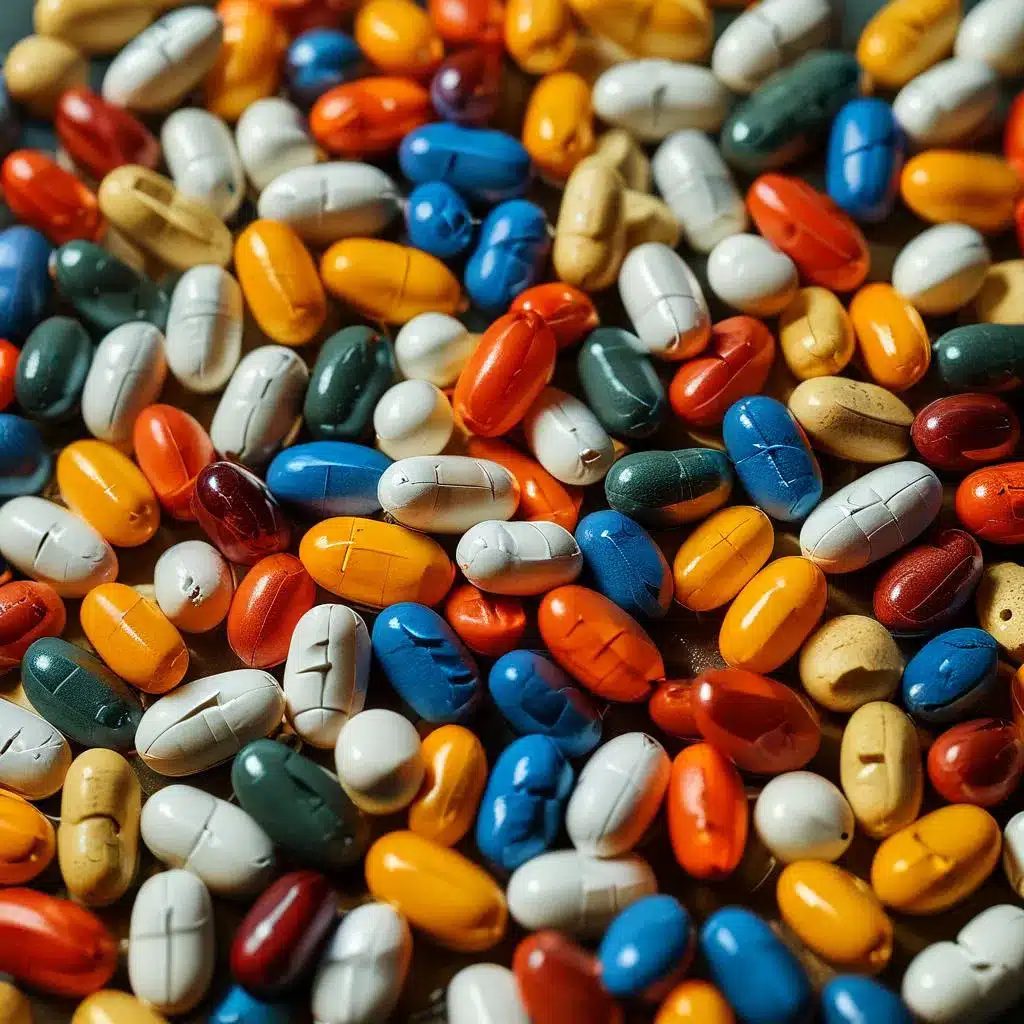Table of Contents
Vitamin B12, also known as cobalamin, is a vital nutrient that plays a crucial role in many bodily functions, including the formation of red blood cells, DNA synthesis, and maintaining healthy nerve cells. It is predominantly found in animal products, making it essential for those following vegetarian or vegan diets to find alternative sources. While Vitamin B12 is generally considered safe, especially compared to other vitamins, questions often arise about the possibility of overdose on vitamin b12. This article will explore the facts surrounding Vitamin B12 dosage, potential toxicity, and important considerations for supplementation.
1. Understanding Vitamin B12
Vitamin B12 is a water-soluble vitamin, which means that excess amounts are usually excreted through urine rather than stored in the body. This property generally makes it less likely to cause toxicity compared to fat-soluble vitamins, such as A, D, E, and K, which can accumulate in the body.
Sources of Vitamin B12:
- Animal Products: Meat, fish, poultry, eggs, and dairy.
- Fortified Foods: Some plant-based milk, breakfast cereals, and nutritional yeast.
- Supplements: Available in various forms, including tablets, sublinguals, and injections.
2. Recommended Daily Allowance (RDA)
The recommended dietary allowance (RDA) for Vitamin B12 varies by age and life stage:
- Adults: 2.4 micrograms (mcg) per day
- Pregnant Women: 2.6 mcg per day
- Breastfeeding Women: 2.8 mcg per day
Most individuals can meet their daily needs through a balanced diet, but those with certain conditions or dietary restrictions may require supplements.
3. Potential for Overdose
While Vitamin B12 is generally regarded as safe and non-toxic, it is still essential to understand the implications of excessive intake, particularly from supplements. Here are key points to consider:
a. High Dosages
Research has shown that even high doses of Vitamin B12 (in the thousands of micrograms) do not appear to cause harmful effects in healthy individuals. Some clinical studies have administered doses ranging from 1,000 to 2,000 mcg without significant adverse outcomes.
b. Tolerable Upper Intake Level (UL)
Currently, there is no established tolerable upper intake level (UL) for Vitamin B12. The absence of a UL indicates that there is no known risk associated with high doses, making B12 supplementation relatively safe. However, it is always wise to consult a healthcare provider before starting any high-dose supplementation.
4. Possible Side Effects of Excessive B12 Intake
Although overdose is unlikely, some individuals may experience mild side effects from very high doses of Vitamin B12, particularly when taken in supplement form. These side effects may include:
- Mild Diarrhea: Some individuals may experience gastrointestinal disturbances when taking high doses.
- Skin Reactions: In rare cases, individuals may develop rashes or itching.
- Nerve Damage: Although rare, extremely high levels of B12 could lead to an imbalance of other vitamins and minerals, potentially affecting nerve health.
5. Who Should Be Cautious?
Certain individuals should be cautious with Vitamin B12 supplementation, even though overdose is rare:
a. Those with Underlying Health Conditions
- Kidney Disease: Individuals with severe kidney issues should monitor their Vitamin B12 intake, as their ability to process excess amounts may be compromised.
- Certain Cancers: Some studies suggest that high doses of B12 may promote the growth of certain types of cancer cells, although more research is needed.
b. Medication Interactions
Vitamin B12 may interact with certain medications, such as:
- Proton Pump Inhibitors: These medications can affect B12 absorption.
- Metformin: Used for diabetes, this medication can decrease B12 levels over time.
Consulting a healthcare provider is crucial for anyone taking these medications.
6. Symptoms of Vitamin B12 Deficiency
Recognizing deficiency symptoms is essential, especially for those at risk of not getting enough Vitamin B12, such as vegetarians, vegans, and older adults. Common symptoms of deficiency include:
- Fatigue and weakness
- Anemia (megaloblastic anemia)
- Neurological issues (numbness or tingling in hands and feet)
- Cognitive difficulties (memory loss or confusion)
7. Conclusion
In summary, while it is generally safe to consume Vitamin B12, even in high doses, understanding your individual needs and circumstances is essential. The body typically excretes excess amounts, making overdose rare. However, individuals with specific health conditions or those taking certain medications should consult healthcare providers to ensure they are meeting their B12 needs safely.
For most people, a balanced diet provides adequate Vitamin B12. If you suspect a deficiency or are considering high-dose supplementation, it’s always best to seek professional guidance to tailor your approach to your unique health situation.

